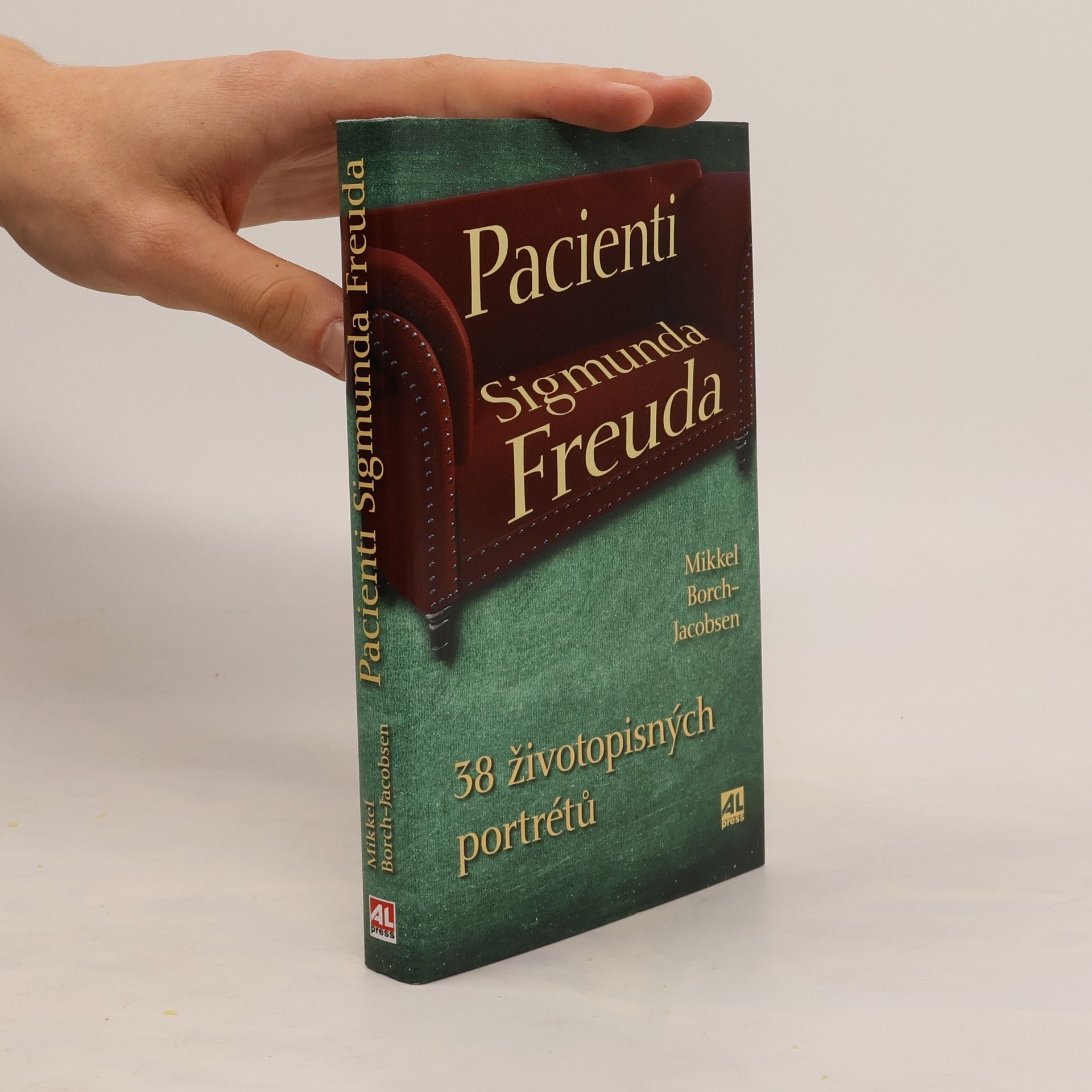Pacienti Sigmunda Freuda: 38 životopisných portrétů
- 327 pages
- 12 hours of reading
Seznamte se s pacienty věhlasného Sigmunda Freuda, česko-rakouského neurologa a psychologa. Naleznete mezi nimi řadu prominentních umělců, filozofů, lékařů nebo vědců, kteří nebyli sužováni pouze duševními poruchami, ale také závislostí na opiu a kokainu. Jejich pohnuté osudy jsou svědectvím doby na přelomu 19. a 20. století a zároveň těžkých počátků moderní psychiatrie.

